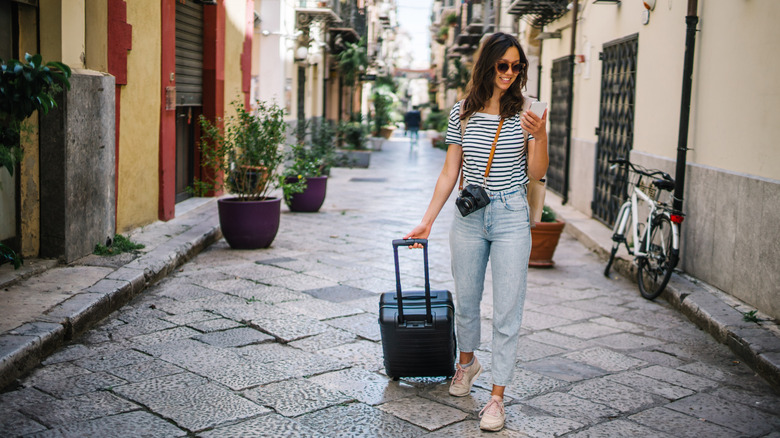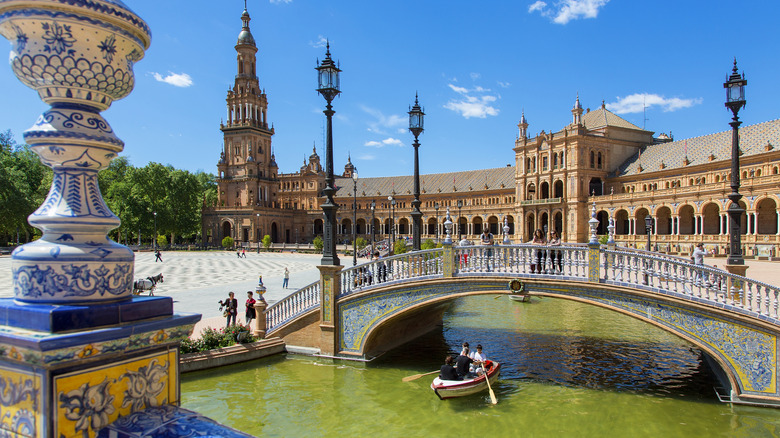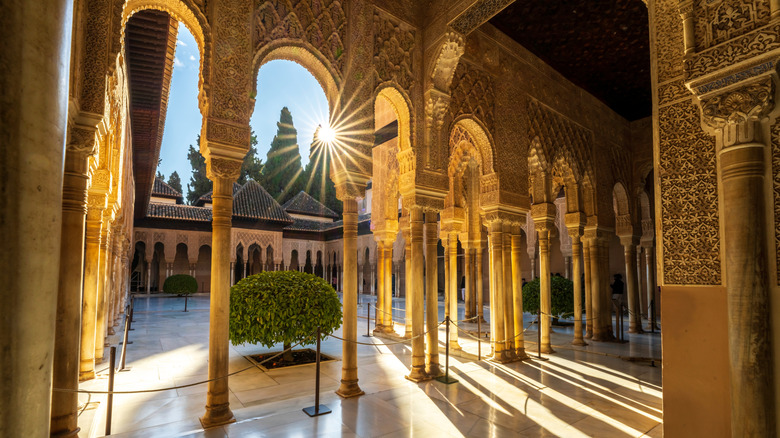Solo female travel is no fleeting trend — it’s a thriving movement reshaping how women explore the world and themselves. More women than ever are packing their bags and setting off alone, from quick city escapes to far-flung adventures across continents. The numbers back this up: travel industry reports show a steady rise in women traveling solo, driven by a desire for independence and discovery. It’s empowering to chart your own course, free from compromise or schedules dictated by others. There’s a unique thrill in navigating new streets, tasting unfamiliar dishes, and soaking in sights on your own terms — a freedom solo travel offers. For many women, this isn’t just a trip; it’s a bold statement of autonomy in a world that often tries to limit their horizons.
Among the countless destinations calling to these intrepid explorers, Andalusia, Spain, stands out as a gem and a way to escape the crowds of famous Barcelona. This historic region in southern Spain is renowned for its laid-back vibe, ancient cities brimming with Moorish architecture, and stunning coastlines that stretch along the Mediterranean Sea and Atlantic Ocean. It’s the birthplace of flamenco, a land of tapas and cobblestone squares, where rich culture meets incredible, diverse landscapes — from alpine peaks to sun-scorched deserts and beaches. Andalusia, an autonomous community since 1981, spans eight provinces: Huelva, Cádiz, Sevilla, Málaga, Córdoba, Jaén, Granada, and Almería. Its capital, Sevilla, lies about 330 miles southwest of Madrid, a five-hour drive or a convenient train ride away. With four domestic and two international airports, plus a robust network of trains and buses, getting there is comfortable. The best time to visit depends on your desires — spring offers flamenco festivities and hiking, summer is best for beaches, autumn for harvest season, and winter for snowy mountains and holiday celebrations.
Why Andalusia is a female solo traveler’s dream
Must-see sights and experiences in Andalusia
Andalusia overflows with wonders, so narrowing down the highlights is tough — but let’s start with the stars. The Royal Alcázar of Seville, a UNESCO World Heritage Site, blends history and art in a jaw-dropping royal palace still used today. Its Moorish designs, exotic gardens, and sprawling courtyards dazzle, offering a glimpse into centuries past. Stick around Seville for a flamenco show, or join a dance class to feel the passion firsthand. Then there’s the Alhambra in Granada, another UNESCO-listed treasure and perhaps the region’s crown jewel. This palace fortress stuns with Nasrid art, intricate architecture, and panoramic views from La Vela tower. Book your tickets early — they sell out fast. In Córdoba, the Mezquita, or Mosque-Cathedral, awes with its serene expanse, red-and-white arches, and star-patterned vaults. Climb its Bell Tower for a breathtaking vista.
Festivals light up Andalusia year-round, with over 3,000 to choose from. The Grape Harvest Festival in Jerez de la Frontera, held in September, celebrates sherry-making with grape-crushing and tastings — a boozy dive into local tradition. The Fallas of Valencia, a UNESCO-recognized spring event in early March, blends art and irony with bonfires welcoming the season. This festival is renowned and should not be missed.
Then there are the beaches. Costa de la Luz on the Atlantic boasts white sands, dunes, top-notch surfing, and wind and water sports. Near the beaches of Fuengirola, the white-washed mountain village of Mijas Pueblo offers underrated adventures. Meanwhile, Granada’s untouched Mediterranean shores offer tranquility and over 320 sunny days a year. Between UNESCO marvels, festive streets, and coastal bliss, Andalusia delivers a dream to solo female travelers and is one of those bucket list destinations everyone should experience.




